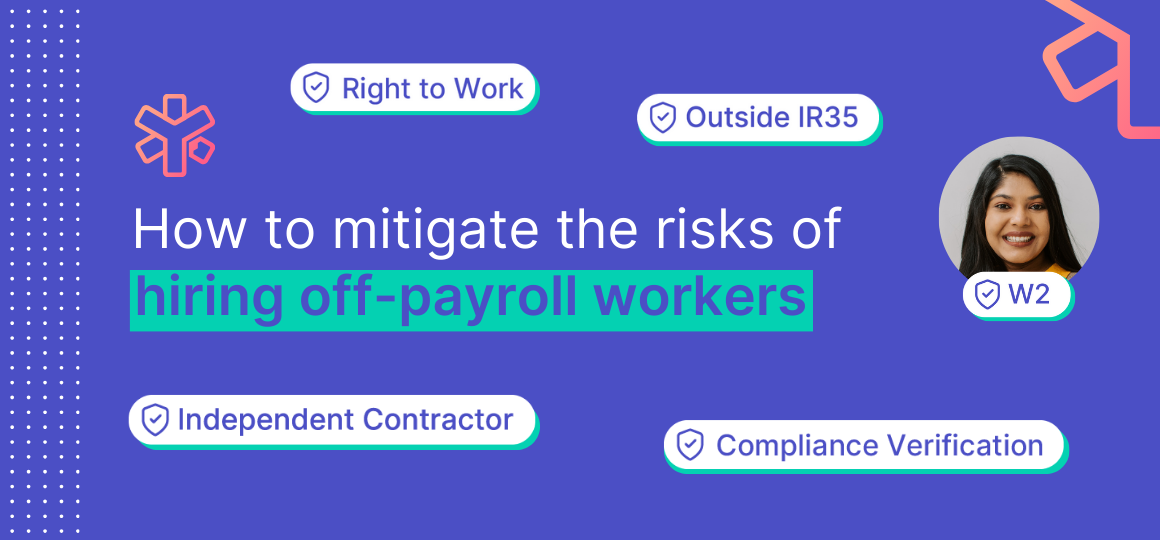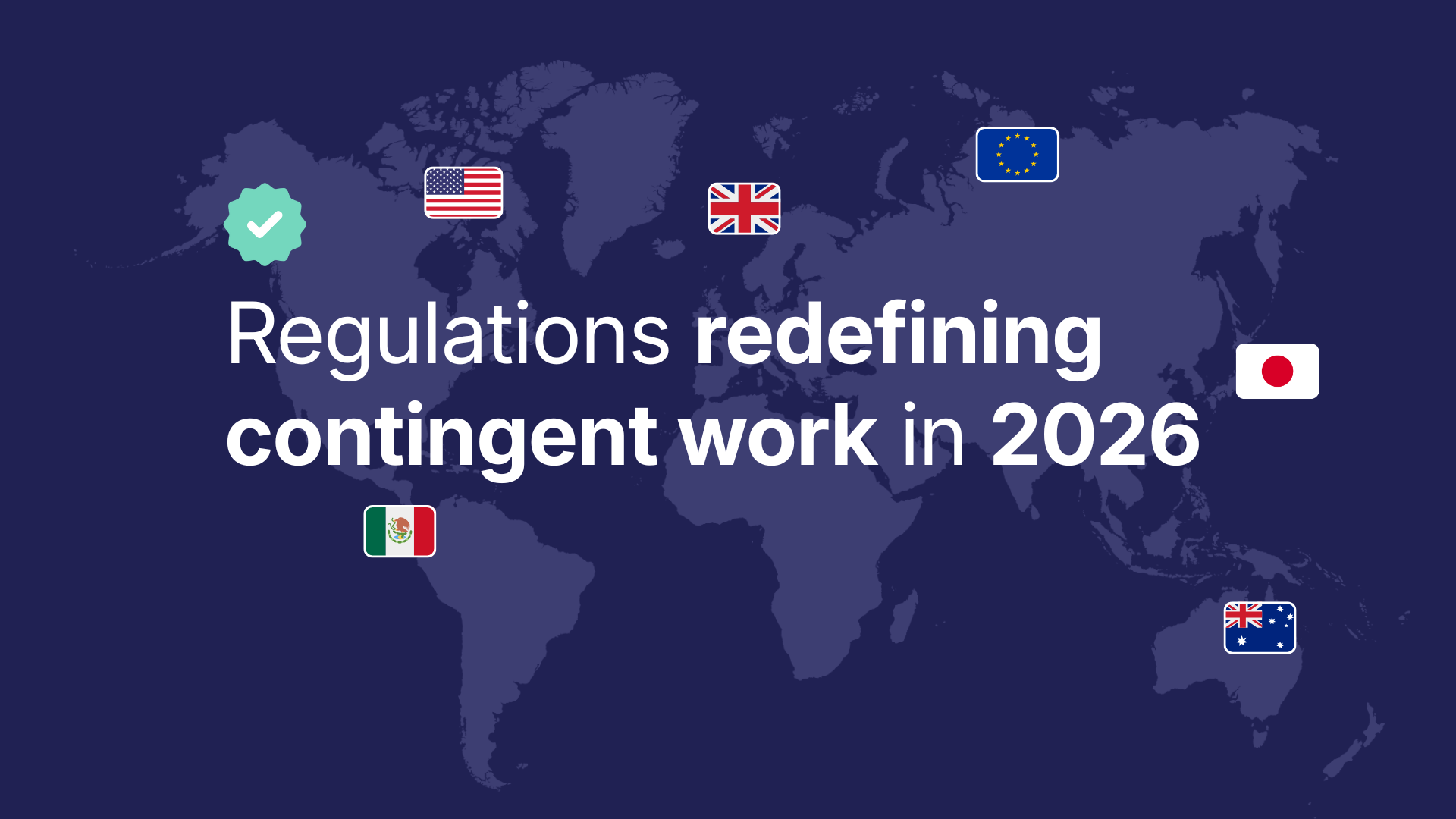Hiring off-payroll workers has become a common move for businesses seeking flexibility, specialised skills, and cost efficiencies. However, this approach also comes with its unique set of challenges and risks. At YunoJuno, we understand the complexities of engaging an off-payroll workforce, and we're here to guide you through the process of mitigating these risks effectively.
What are off-payroll workers?
Off-payroll workers are individuals who provide your business with services but are not classified as employees. Instead, they operate as independent contractors or freelancers. This arrangement offers several benefits, including access to a broader talent pool, the ability to scale up or down quickly, and often, reduced overhead costs. However, it also requires your business to navigate various legal and regulatory frameworks to ensure compliance and avoid potential pitfalls.
Key things consider when hiring off-payroll workers
When you hire off-payroll workers, you need to be aware of and comply with relevant legal frameworks in the country you’re hiring from. The law varies from one jurisdiction to another, but here are a few key things to consider:
Employment status
Determining the correct employment status of a worker is critical. Misclassification can lead to legal challenges and financial penalties. The distinction between an employee and an independent contractor is defined by factors such as control over work, financial arrangement, and mutual obligations.
Legislation
Each country has its own set of laws governing the engagement of independent contractors and you should be on top of any which affect your workers. For example, the US uses the IRS's 20-factor test to determine worker classification, while countries in the EU have their own directives and national regulations.
For businesses operating in the UK, IR35 is a significant consideration. This legislation aims to ensure that off-payroll workers who would be employees if not for the intermediary (typically a personal service company) pay similar taxes to employees. Ensuring IR35 compliance involves assessing the working relationship and ensuring correct tax treatment.
Contractual agreements
Clear, detailed contracts are vital. They should outline the scope of work, payment terms, intellectual property rights, confidentiality clauses, and termination conditions. This reduces ambiguity and protects both parties in case of disputes.
"It's a great place to find and hire diverse talent and the IR35 and compliance takes the stress out of hiring."
Amy Clarke, Senior Talent Acquisition Partner
Mitigating risks
To mitigate the risks associated with hiring off-payroll workers, your business should take a strategic approach. Here are five things to include to get you started:
1. Thorough vetting process
Conduct comprehensive background checks and verify the credentials of freelancers and contractors. This ensures that you engage with professionals who have the requisite skills and experience.
2. Clear communication
Establish clear communication channels and project management protocols. Regular updates and feedback loops help in maintaining alignment and ensuring that the work meets your standards.
3. Compliance management
Use tools and platforms that help manage compliance. YunoJuno, for instance, offers services that streamline the hiring process, ensuring adherence to legal requirements and mitigating risks related to misclassification and tax liabilities.
4. Regular reviews and audits
Periodically review and audit your engagements with off-payroll workers. This helps in identifying any compliance gaps and rectifying them promptly.
5. Insurance and indemnity
Ensure that both the business and the contractor have appropriate insurance coverage. This can include professional indemnity insurance, which protects against claims of negligence or inadequate work.
6. Contractor management software
Using the right software to manage compliance on a global scale for all your off-payroll workers can save you time and money while ensuring you’re complying with the employment laws in whichever country you’re hiring in. Find out more about how YunoJuno can help you to hire compliantly in over 150 countries.
Embracing the opportunity offered by off-payroll workers
Hiring off-payroll workers can be a game-changer, particularly if your business is looking to scale quickly. However, it's crucial to navigate the associated risks with a well-informed strategy. By understanding legal frameworks, implementing robust compliance measures, and fostering transparent relationships with contractors, businesses can reap the benefits of a flexible workforce while minimising potential liabilities.
At YunoJuno, we are committed to helping you manage your freelance workforce effectively and compliantly. Whether you're hiring locally or globally, our platform provides the tools and expertise needed to mitigate risks and drive success.







